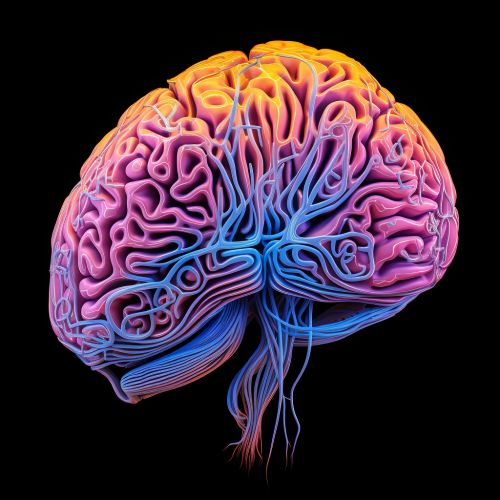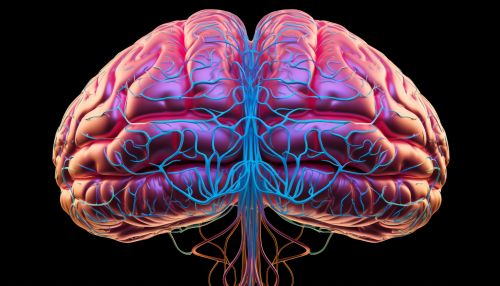Cognitive Reserve
Overview
Cognitive reserve is a concept that has been proposed to explain the observed discrepancy between the degree of brain pathology, such as that in Alzheimer's disease, and the clinical manifestations of the disease. The term was first introduced by Stern in 2002, and it has been used to describe the resilience of the brain to withstand damage while still maintaining a high level of functionality read more.


Theoretical Framework
The concept of cognitive reserve can be understood within the framework of brain plasticity, which refers to the ability of the brain to change and adapt in response to experience or damage. Cognitive reserve is thought to reflect the cumulative effects of education, occupational attainment, and engagement in leisure activities, which can enhance brain plasticity and provide a buffer against age- or disease-related cognitive decline learn more.
Mechanisms of Cognitive Reserve
There are two primary mechanisms through which cognitive reserve is thought to operate: neural reserve and neural compensation. Neural reserve refers to the inherent efficiency, capacity, or flexibility of brain networks, which can be enhanced through life experiences such as education and cognitive engagement. Neural compensation, on the other hand, involves the recruitment of additional or alternative brain networks to compensate for brain damage or dysfunction.
Factors Influencing Cognitive Reserve
Several factors have been identified that can influence an individual's cognitive reserve. These include genetic factors, early life experiences, education, occupational attainment, and engagement in cognitively stimulating activities. It is thought that these factors can interact in complex ways to influence cognitive reserve, and that the effects of these factors can change over the lifespan.
Cognitive Reserve and Aging
Research has shown that individuals with higher levels of cognitive reserve are less likely to show cognitive decline with aging, and are more likely to maintain their cognitive abilities in the face of age-related brain changes. This has led to the suggestion that interventions aimed at enhancing cognitive reserve could be used to delay the onset of cognitive decline and dementia in older adults read more.
Cognitive Reserve and Neurological Disorders
The concept of cognitive reserve has been applied to a range of neurological disorders, including Alzheimer's disease, Parkinson's disease, and multiple sclerosis. In these disorders, individuals with higher levels of cognitive reserve are often able to maintain their cognitive abilities for longer, despite the presence of significant brain pathology learn more.
Measurement of Cognitive Reserve
Measuring cognitive reserve is a challenging task, as it involves assessing an individual's lifetime accumulation of experiences that may have enhanced their brain plasticity. Common proxies for cognitive reserve include measures of education, occupational attainment, and engagement in leisure activities. However, these measures are indirect and may not fully capture the complexity of cognitive reserve.
Future Directions
Future research on cognitive reserve is likely to focus on developing more accurate measures of cognitive reserve, understanding the biological mechanisms underlying cognitive reserve, and developing interventions to enhance cognitive reserve and delay the onset of cognitive decline and dementia.
